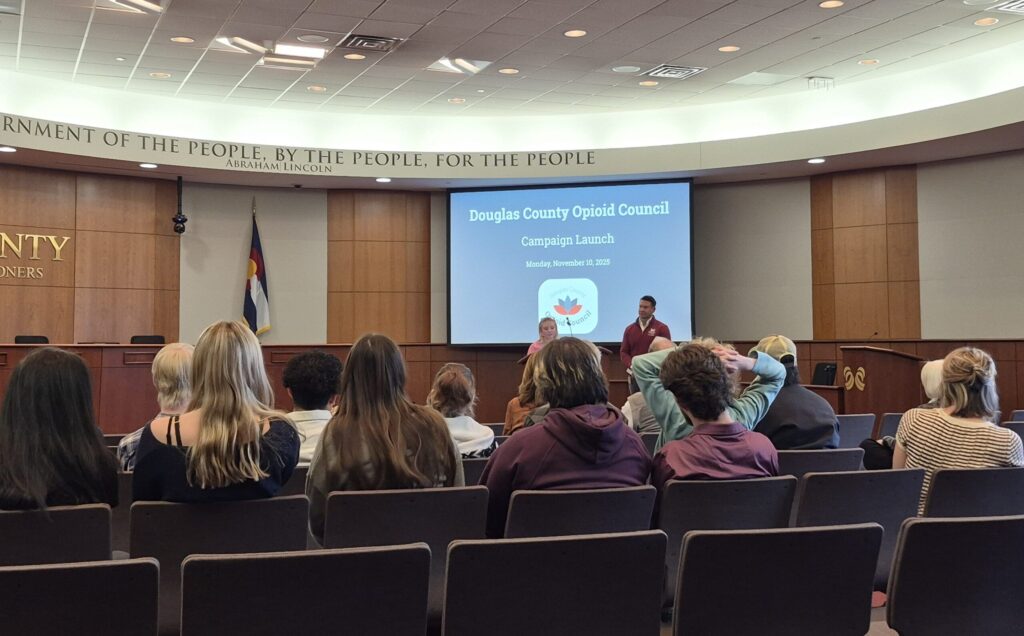Colorado survey shows huge lack of support for standardized testing

A survey of the Colorado Parent Teacher Association suggests parents want an alternate measure of success than standardized testing. More than four out of five respondents in the survey administered to the statewide parent engagement group are not confident standardized testing is a fair or accurate measure of intelligence, according to data.
The state uses annual test scores like the Colorado Measures of Academic Success, or CMAS, as an accountability measure to assign school ratings and determine which schools and districts are in need of formal improvement interventions. Results from last month’s 2023 CMAS testing will be announced in the fall.
Education trends were on the right track prior to pandemic
Questions surrounding the necessity of standardized testing were elevated by the pandemic after a number of higher education institutions permanently waived entrance exam requirements like the SAT and ACT. Experts at the time said the tests are poor predictors of success.
As to the PTA’s concerns over testing in the K-12 system, “The reasons are plentiful,” said Colorado PTA Vice President for Communications Evie Hudak. “It really isn’t a fair comparison.”
Of Colorado PTA’s roughly 12,000 members at the time the survey was administered, 1,200 people responded. Just under three-quarters of respondents were parents and guardians, with about 20% of respondents being current or former educators and less than 10% identifying as general community members.
Colorado Springs-area 2021 CMAS scores reflect continued impact of COVID-19
More than 80% of PTA members said they do not think it is fair to use student performance on annual standardized tests as a primary mode of evaluating schools and districts. About the same percentage do not think these tests are an accurate measure of student learning.
“People (are) constantly conflating academic achievement with test scores, and when you have a conversation with a person … they will always say at the end of the day, the test isn’t what decides what kind of learner this child is, or what their skills are, or whether they’re gifted. No one really believes that, but somehow it’s kind of become this end-all, be-all of education for parents who can’t afford private school,” said Amanda Huber, a member of Colorado PTA’s legislative committee and parent of three children in Colorado Springs public schools.
More than three-quarters of respondents did not think test scores of English language learners, or those whose first language is not English, and students with significant cognitive disabilities should have their scores included in school evaluations.
Have Colorado Springs-area student test scores recovered since the pandemic? Here’s a look
Hudak, a former teacher, said English learners aren’t always proficient in the language and might not understand what a question is asking when tests delve into advanced vocabulary questions. There can also be stark differences between students of different socioeconomic backgrounds, she said.
“When you have kids with a smaller vocab, a lack of cultural experiences … they struggle, and it’s a lot more difficult to help those students,” Hudak said. “They need a lot more individualized instruction, but often schools in poor neighborhoods don’t have resources to provide additional instructions.”
The survey also found 85% of PTA respondents did not think spending $30 million annually on the state’s standardized tests is a good investment for school improvement, 79% were not aware parents have the right to opt their children out of Colorado’s federally mandated tests and 68% thought parents should exercise that right.
The survey was administered by Advocates for Public Education Policy, a statewide coalition working to educate the public and policymakers. Hudak also serves as the coalition’s secretary and said they knew this sentiment toward testing was out there, but they lacked data to quantify its prevalence. Advocates for Public Education Policy plans to work with additional organizations in Colorado to collect additional survey data.












